Why do the fundamental things seem like extra?
Brands were invented to replace face-to-face transactions between the customer and craftsperson. Transactions evolved from “I’ll give you this goat for that pig” to “Can I really trust this jug of Roman wine?”
The physics of Brand, Aaron Keller
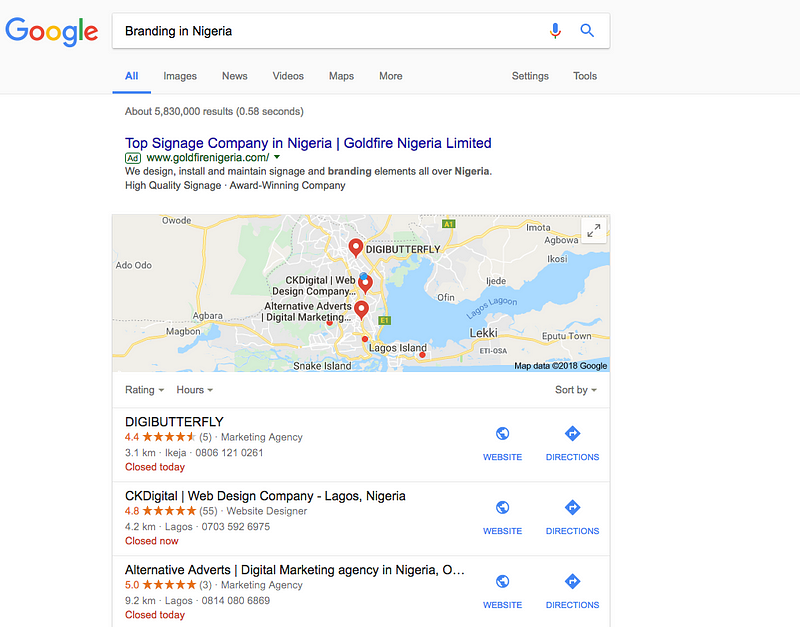
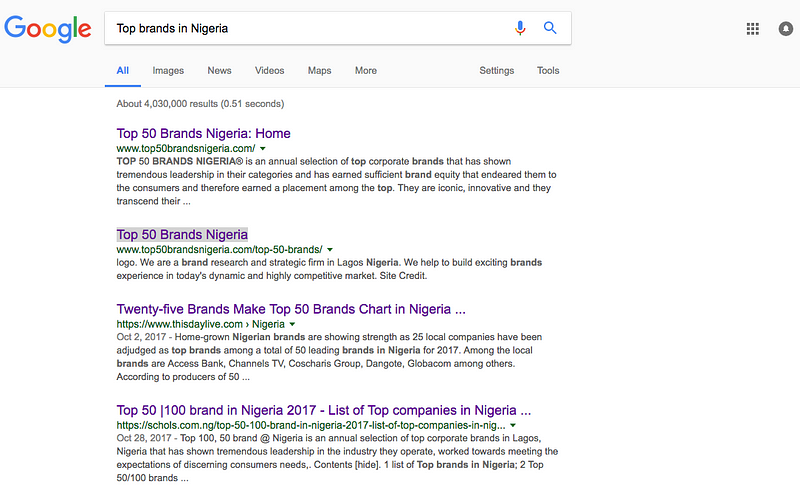

Usually a write up with a title like this would have statistics and maybe some projections but errm, it’s pretty hard to come by those so it doesn’t have that.
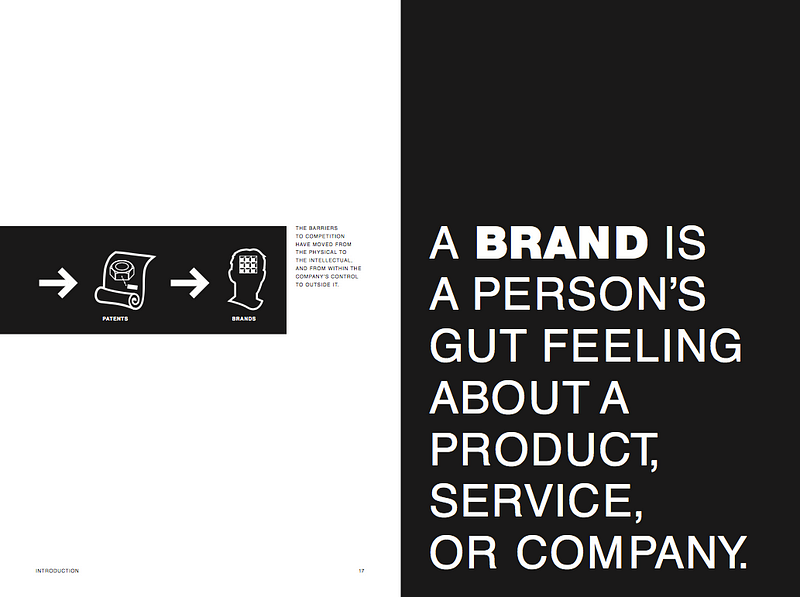
A brand is the sum total of the entire customer experience.
A collection of perceptions in the mind of the consumer.”
Find a Parade.
I have a vivid memory of standing in the kitchen one afternoon, home from high-school baseball practice, jars rattling faintly in the open fridge.
I never showed the potential of a willie keeler, so i was drowning my sorrows in a quart of milk.
“tell me,” said my mother. “How do you see your future?”
I said,“I don’t know. I feel like I could be a leader of something — I’m just not sure what.”
She thought.“Well, that’s not so hard. Just find a parade and get in front of it.”
After reading Zag by Marty Neumeier recently and adding up what I’ve learnt about branding over the years. I had this conversation with Soji Oyemomi — A design enthusiast. I like to bounce my ideas off people who are familiar with or somewhat experts in topics I learn about.
Me:
The Brand Image and company culture — Vision of a company, Logo and what it means, Tagline, Who we are, Who we are not… — I don’t feel it’s being emphasized enough, it looks more like an extra in Nigeria.
One thing I would always remember is the vision of Covenant University: Raising a New Generation of Leaders, that’s something that was clear, I don’t think I would be motivated if I don’t know these things but then is it because I am exposed ? Other people that don’t expect these to motivate them would they be motivated if they know this things? I think they would.. aargh suddenly I’m asking myself why do these fundamental things seem like extra extra.
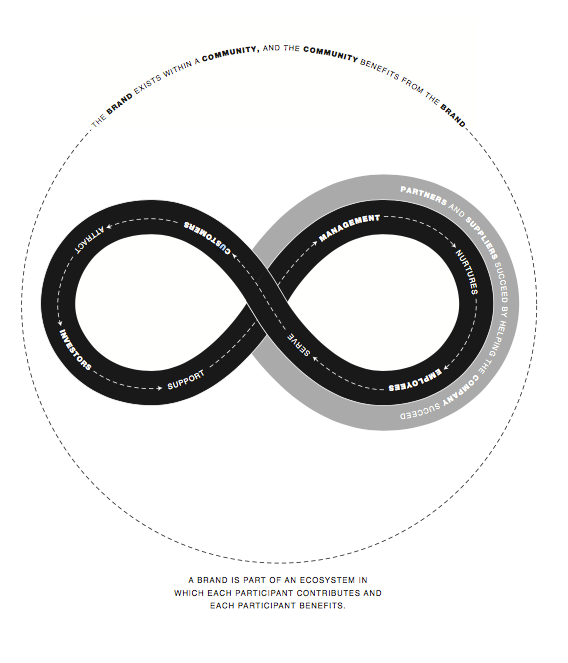
Soji:
I get what you are saying, this is one of the reason I got into branding, priority for most businesses here is to make profit, so except they can see the return on Investment on these things it will always be a distraction to them but smart businesses understand that brand image can make or kill a business. Branding is not just for customers, it’s also for employees ( Internal and external branding).
What will eventually happen is that things will start to change and all the things you were talking about earlier will become the new normal, other will then have to adapt to stay afloat.
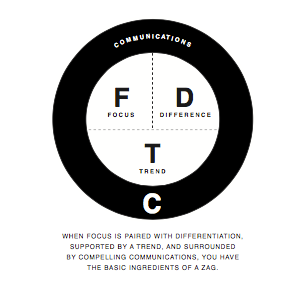
Me:
If someone can start a business without executing these things and it thrives, then the business owners would ask why should I do these things and beyond doing it why should I pay for this kind of service, being informed matters.
Another thing is expectation, if people ( customer & employees) start requesting for certain things they would have to adjust, A good example is how most companies can’t do without social media presence now or how many Nigerian banks decided to go after GTB’s Ndani TV by having their own video content marketing platforms , as things get tougher in certain markets the people there would wise up and know what to do, it’s a matter of information. It’s more like there’s something better and you don’t know, I think it’s an issue of Instead of them saying we’ve grown up to this level why do we need these things, it should be more of could it be that we’ve not grown beyond this level because we’ve not implemented these things. There are many things that look cheesy but with time and more Nigerian examples the reason for the need would become clearer.
And in conclusion Good examples of branding are more of foreign companies than Nigerian companies, there are obviously many Nigerian brands killing it ( I don’t know how many companies have but I found Paystack’s — A Nigerian company on a mission to deliver a safe and convenient payment experience for customers and merchants — brand manual) but we need to tell more of our own stories, then the people that are sorta anti adopting foreign companies’ concepts would be like ohh so it can work in Nigeria.
Soji:
Also, I think the issue is there’s been a branding evolution over time and many Nigerian companies haven’t caught up with the evolution,
Branding has evolved from agrarian age, where merchants put a sign on their merchandise was a sign of competency and quality to the Industrial age where there was mass production to information age where it was about ideas and experience… Branding is so much about the experience and how you’re adding value to people and their life, your brand now is the sum total of the experiences people have with you at every touch point. As micro as these things seem they affect the business on a macro level.
The core — vision, mission, values — of a business is very important as a source to draw upon in for generating content, building connection & culture, Most of the time people are looking for people that represent their values and beliefs, We are hardwired for storytelling by nature so we use brands as a way of also telling our stories/values asides from when we talk about what we value or place priority on.
Being a powerful and having a very defined point of value makes its easier for some group of people who would usually be the target customer to be able to associate and resonate with what you stand for because that helps them tell their story, it helps them create a sense of belonging. When they buy into it, it becomes like a culture that they don’t want to be left of any thing happening there, A good example is a youth church — It is quite difficult to find a group of young people who are learning the word of God and are unrepentant about it, that’s a company you can’t trade for anything, whatever it costs your or takes you, you would go all out to support it and even if anything goes wrong you will give benefit of doubt, you will forgive, you will create room for tolerance.
There’s a huge need for tolerance from customers because are not just brands they are managed by people and when people make mistakes, a good brand would have been able to create good tolerance in the mind of the people such that it won’t really hurt the brand but it will help the culture even more.
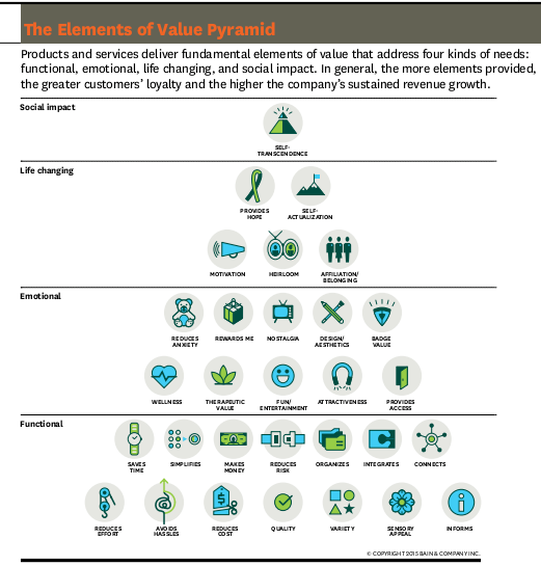
In conclusion, We just haven’t caught up with the evolution because we don’t know better and we don’t consider the impact that having laid down brand rules and explanations will have on the sustainability of the business beyond the owner’s lifespan.
I decided to share some screenshots and excerpts of some important parts of the book that inspired the conversation.
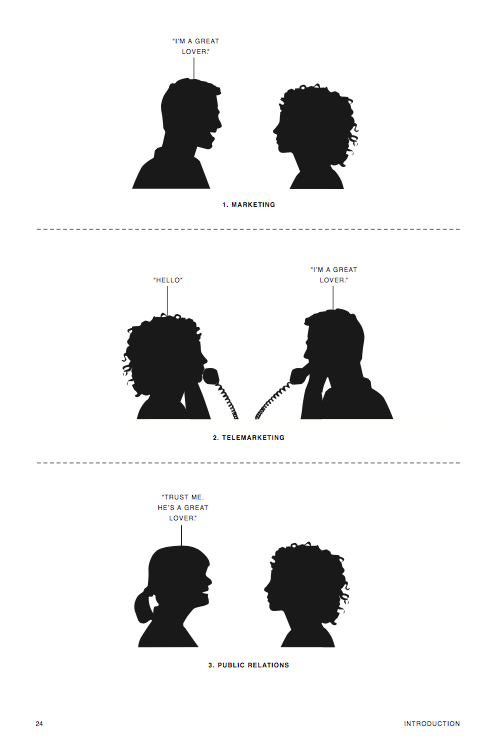
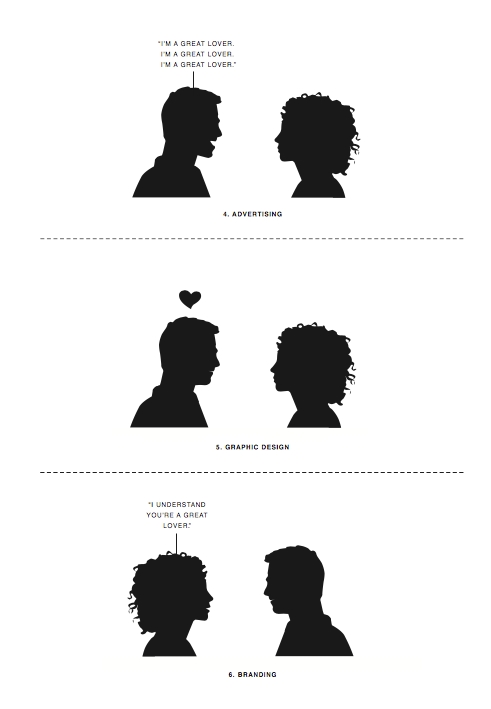
The 17 steps in building a brand
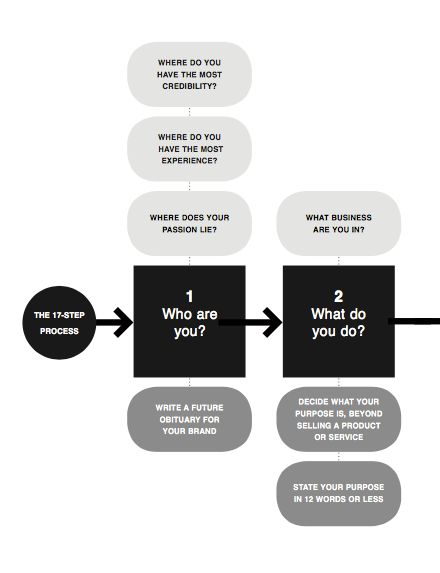
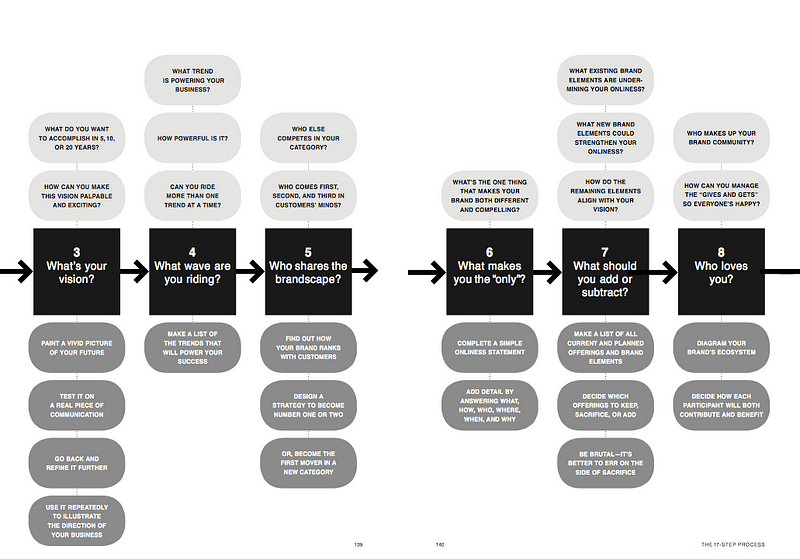
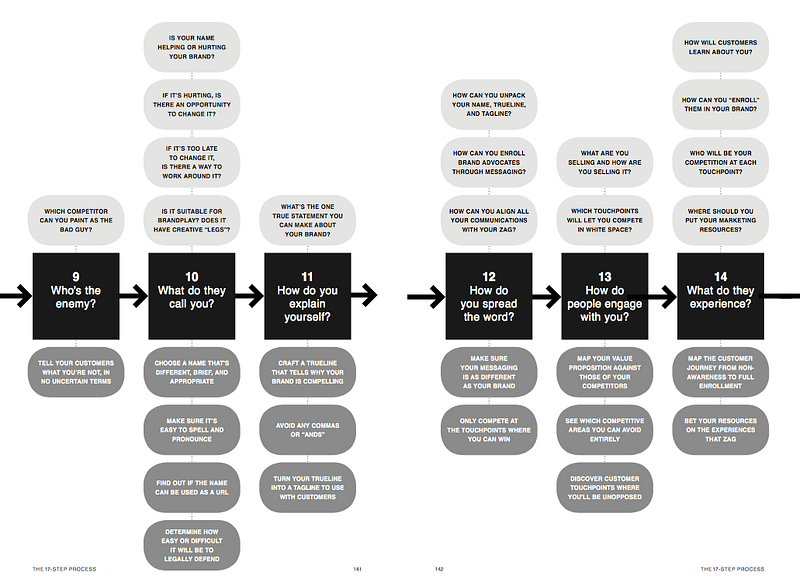
Customers today don’t like to be sold — they like to buy, and they tend to buy in tribes. Better advice for companies is to focus their communications not on a USP but on a UBT — a Unique Buying tribe — that has a natural affinity for the company’s products or services. in a tribe, news spreads quickly, which gives brands extra traction.
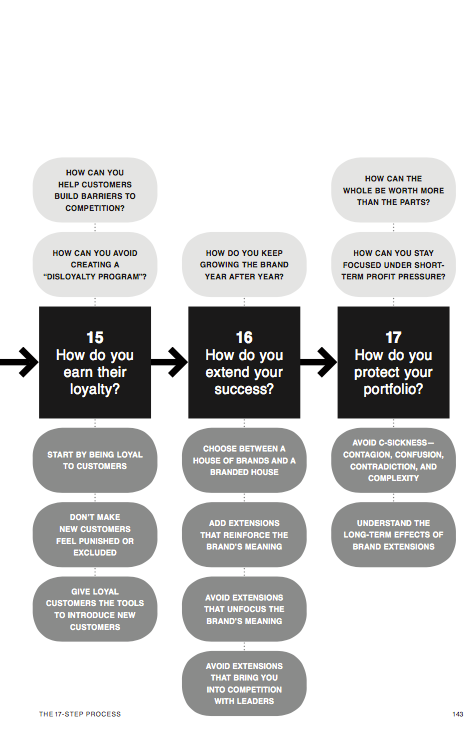
Extending your Brand success
The rule of thumb is simple: If adding an element to your brand brings you into competition with a stronger competition with a stronger competitor, think twice. You may well end up wasting energy and confusing your customers in the bargain.
Note: If your interest was piqued, I recommend you read Zag and Fortune Cookie Principle, fairly short reads and for employer branding, The best place to work — Ron Friedman and this article by Workable
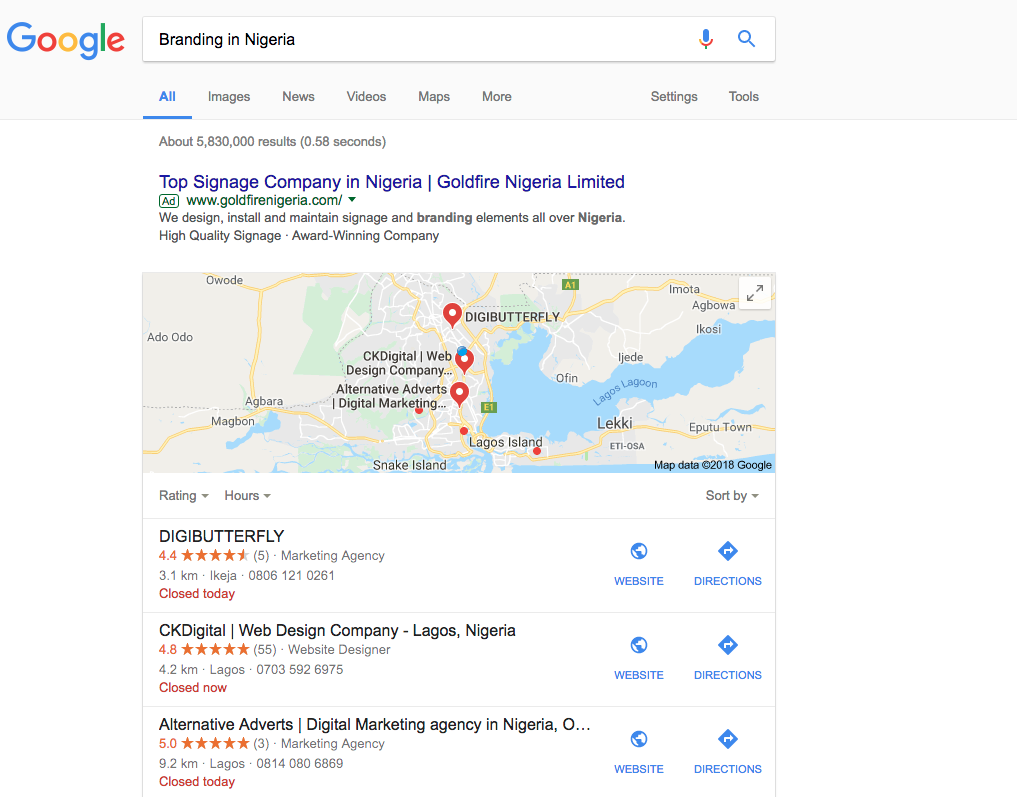


Great article Daniel!!! A must read for all entrepreneurs and business owners.
Hey Tobi,
Thank you I’m glad you found this helpful.
If you’re exploring the subject of branding, you might find a book titled “Branding and other noble pursuits by Debbie Millman and Rob Walker” an Interesting read.